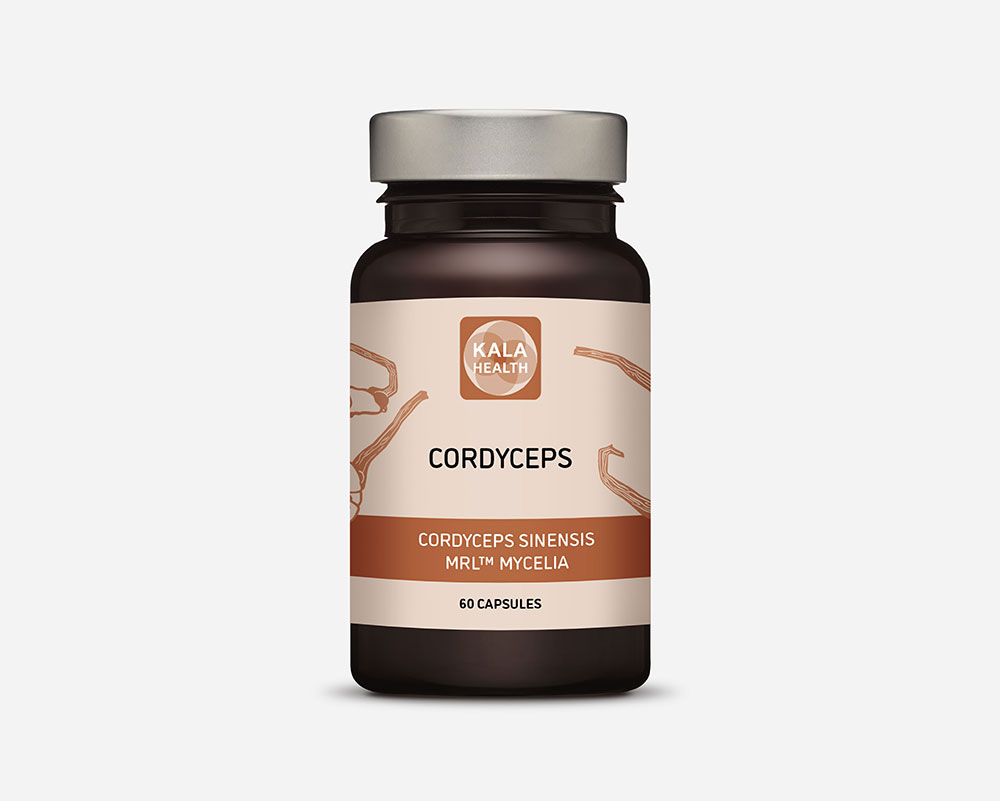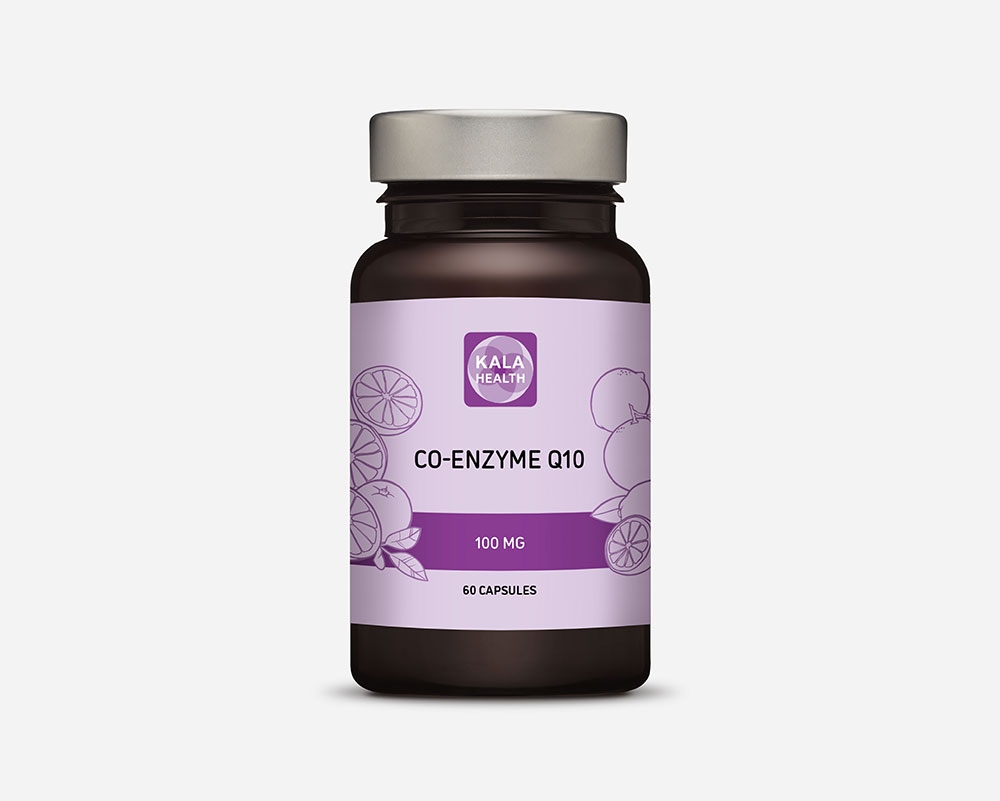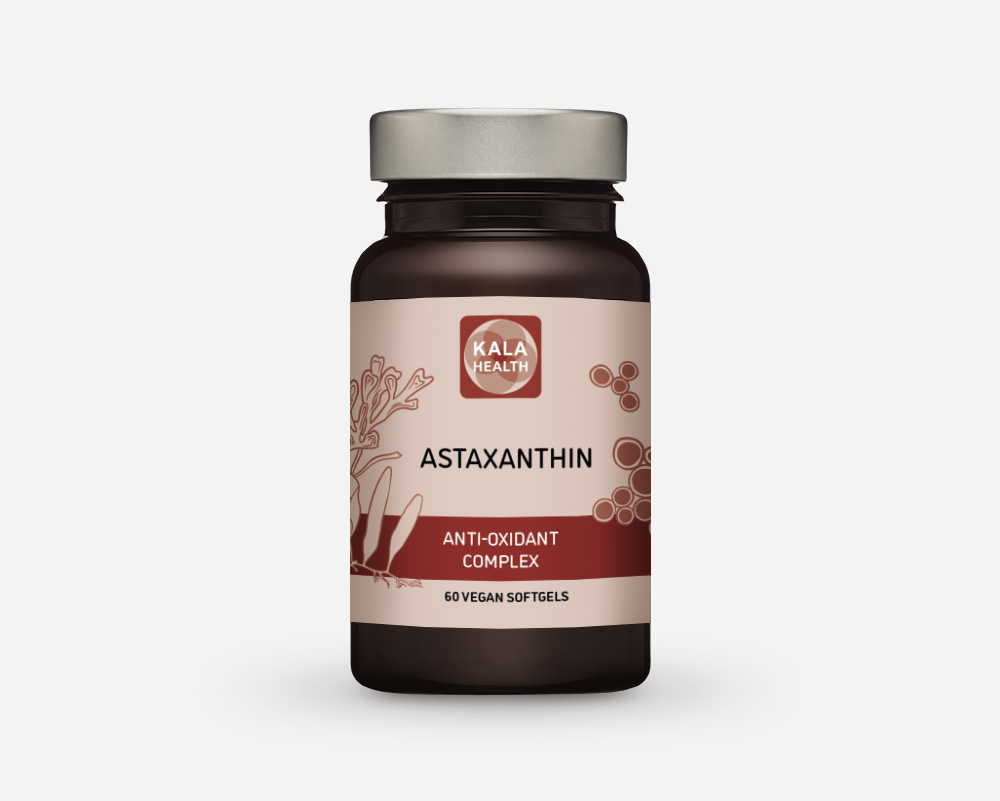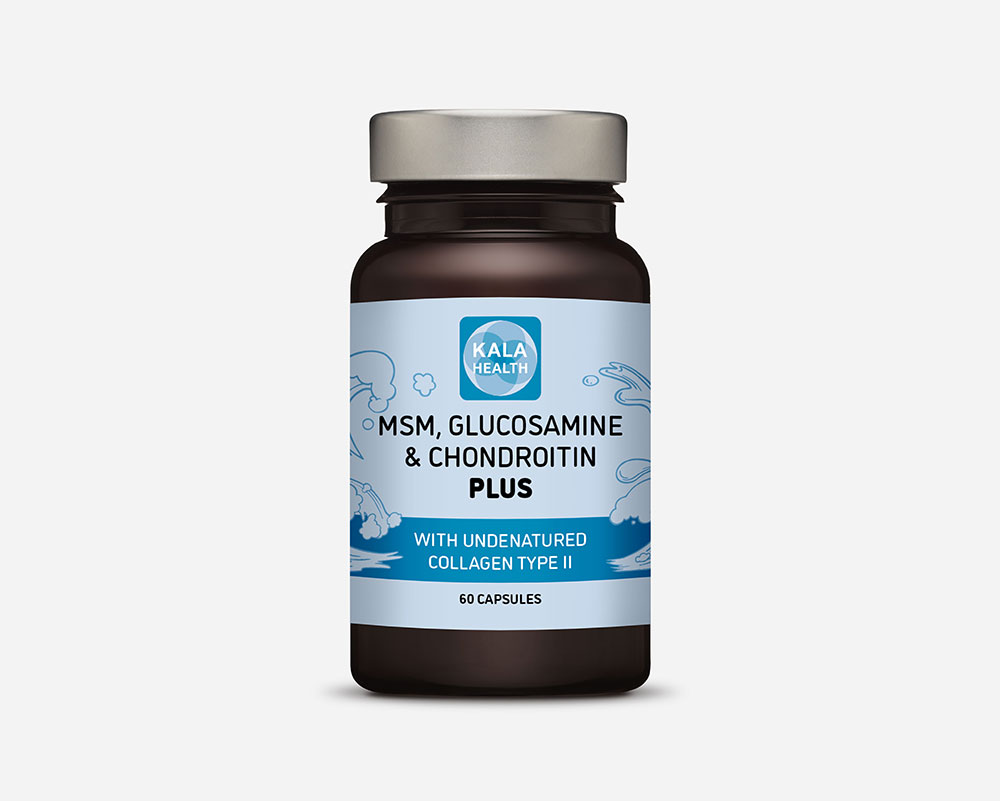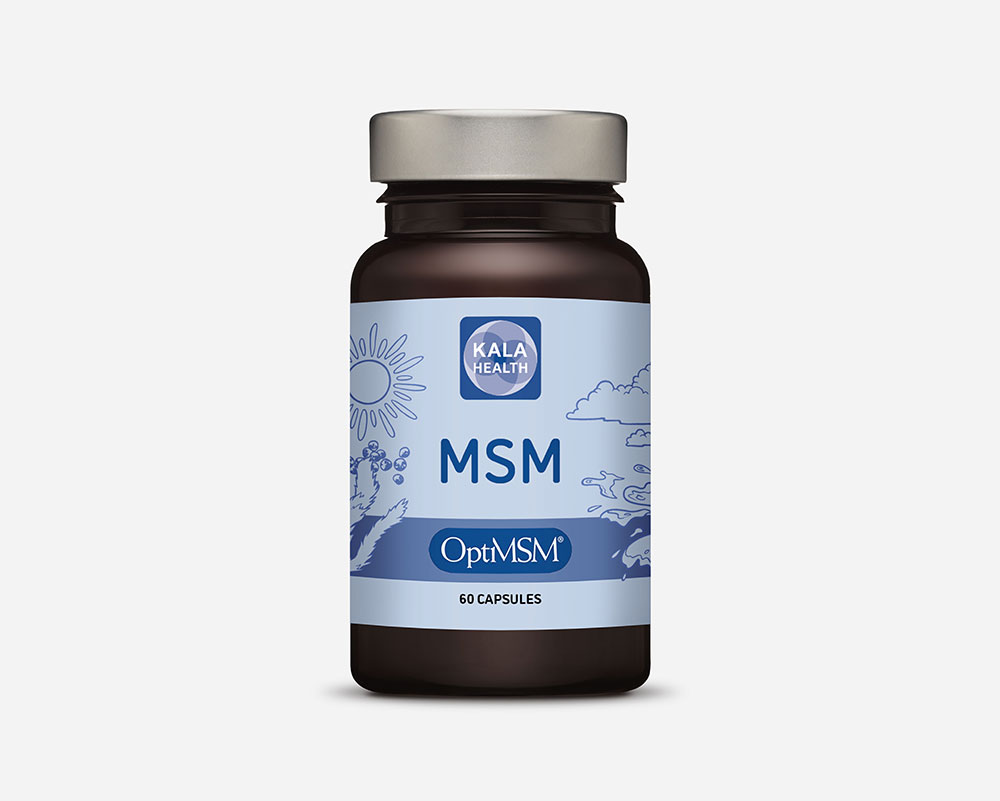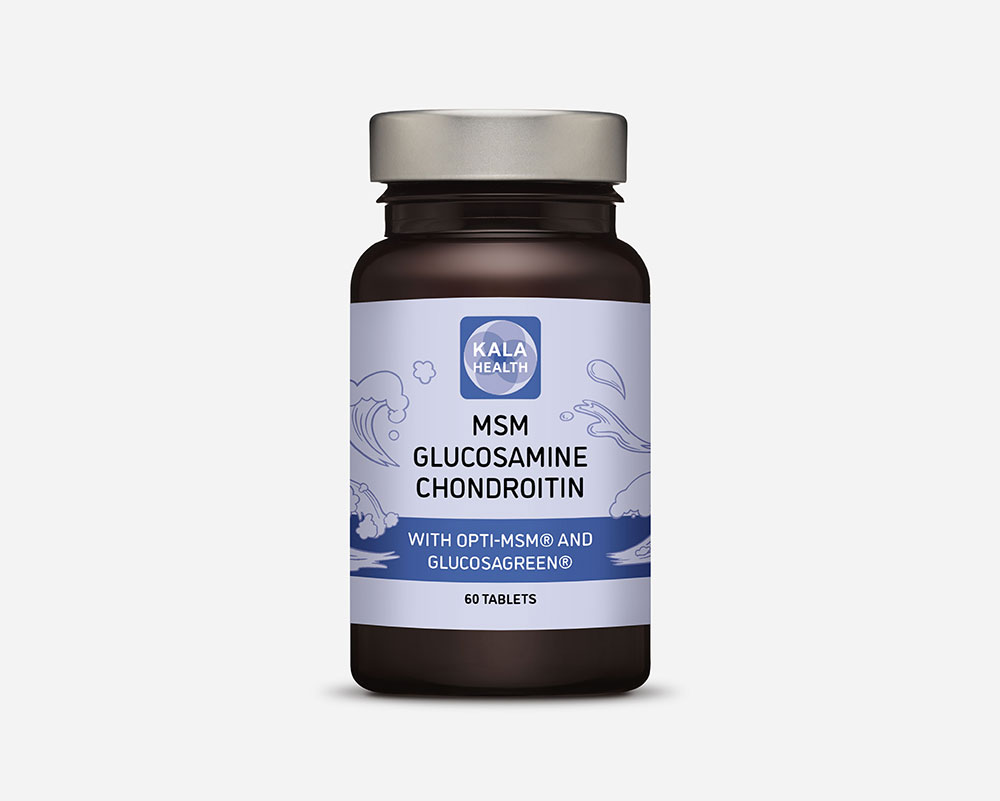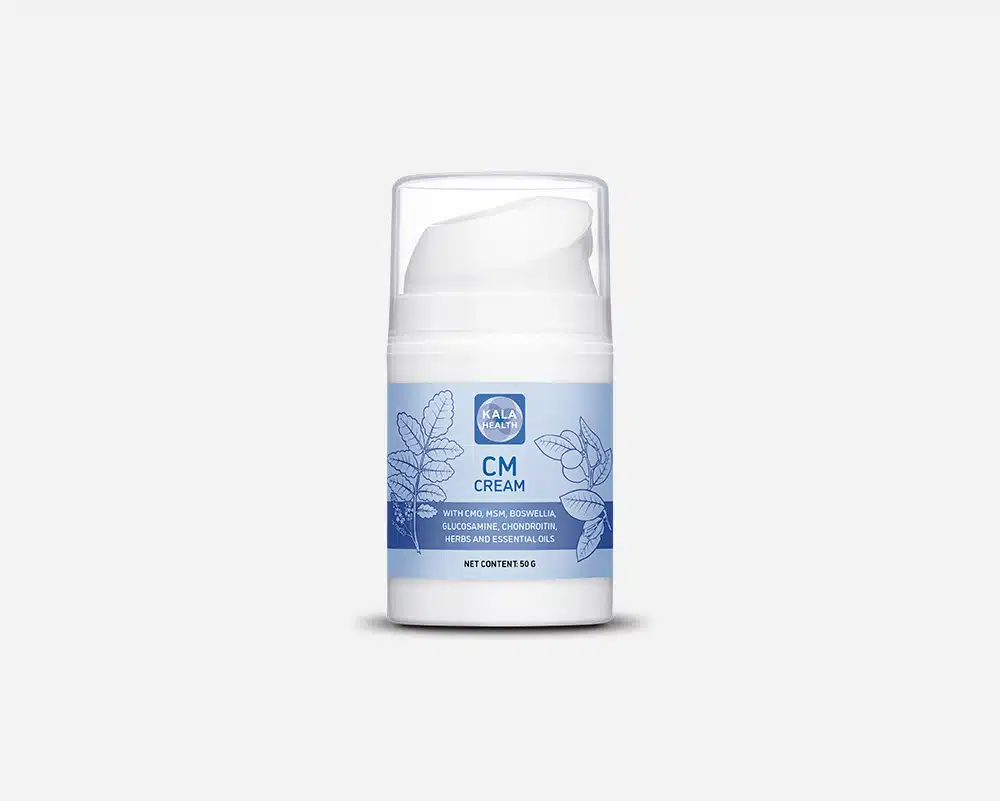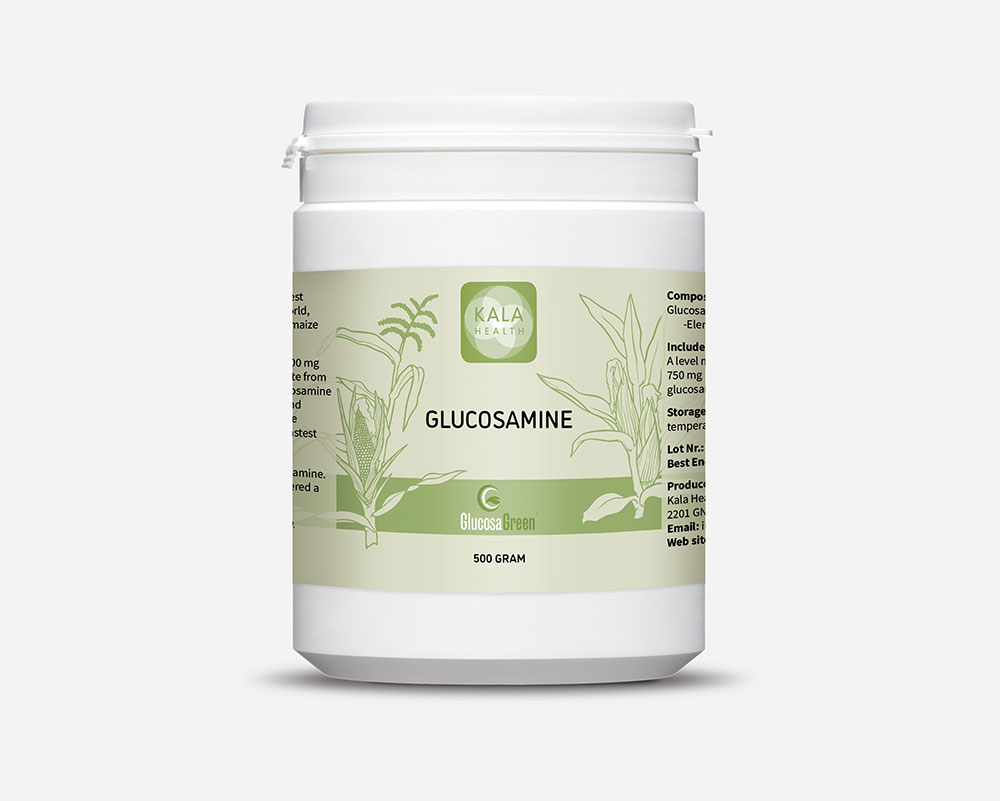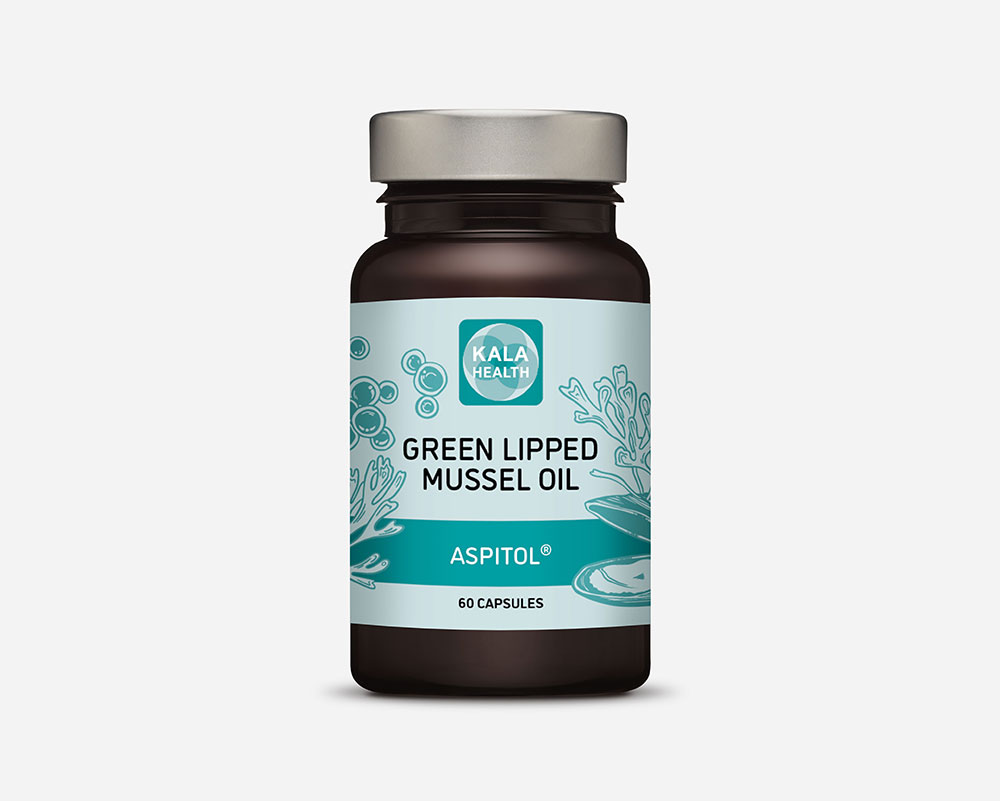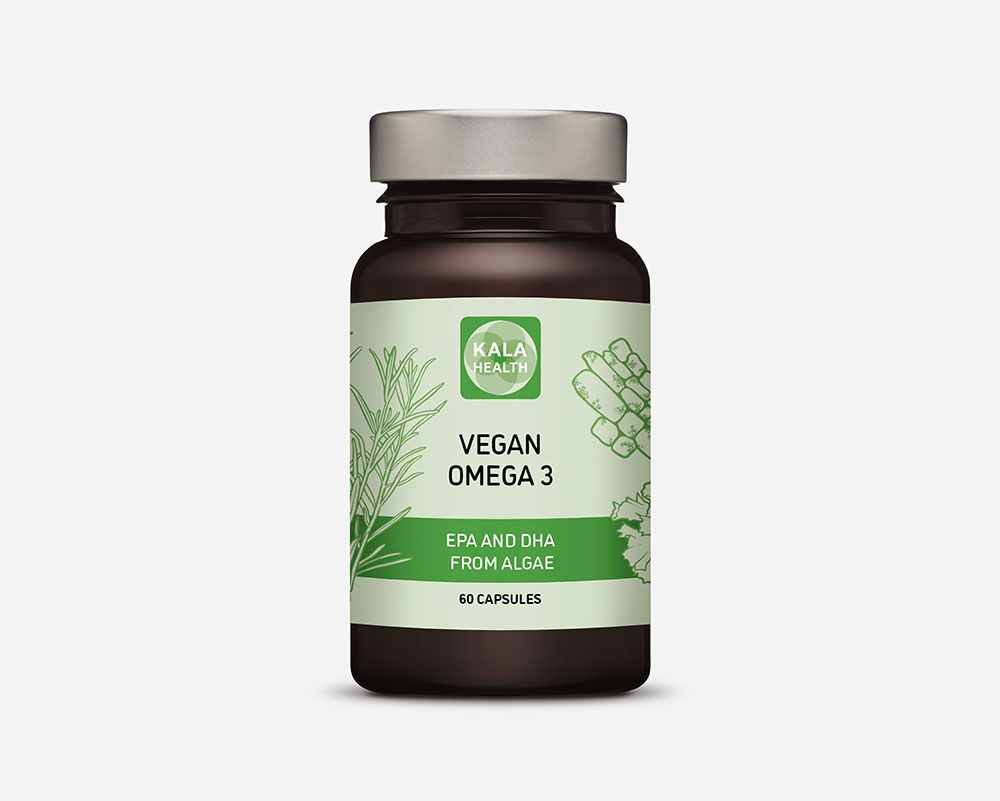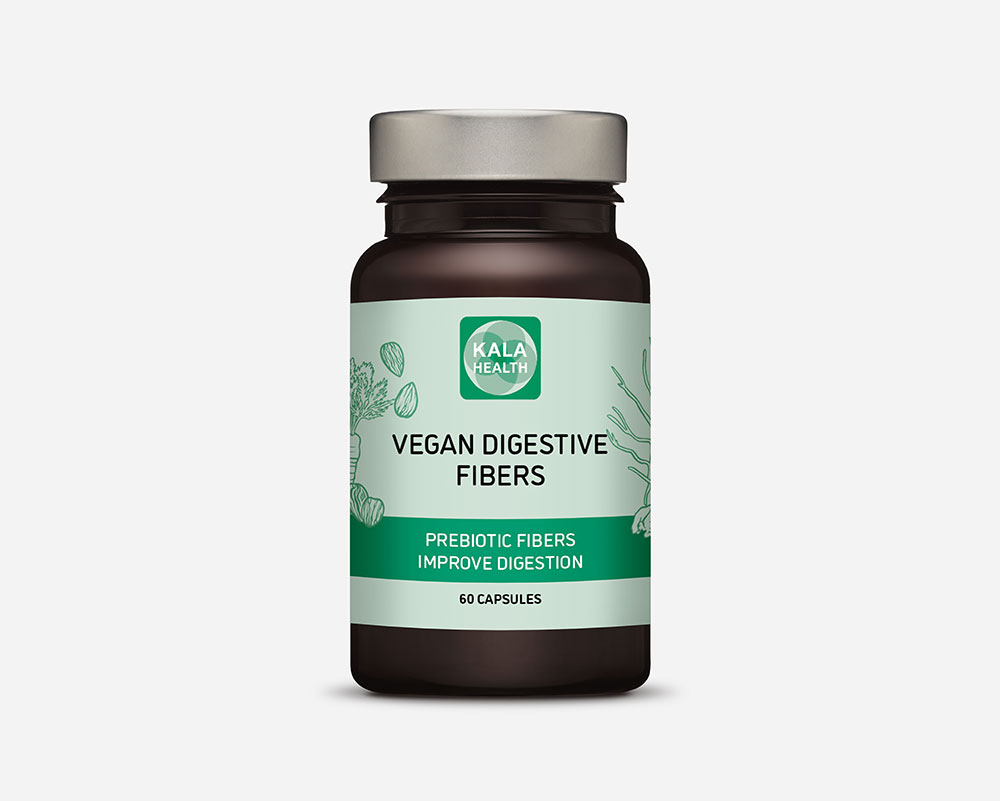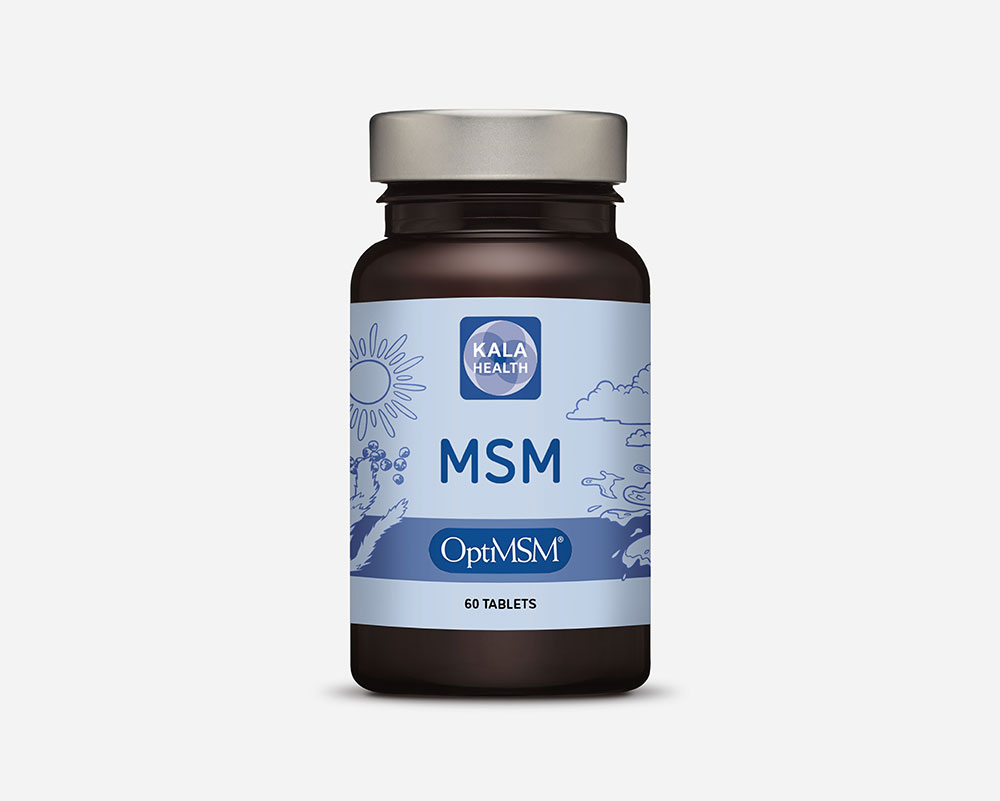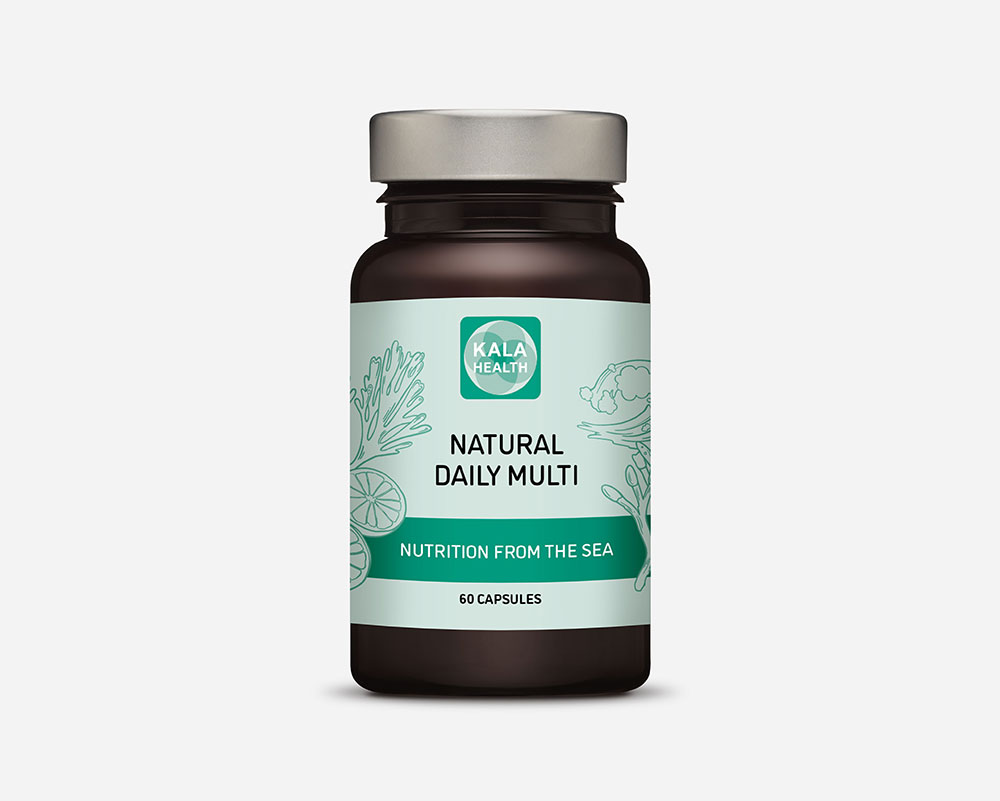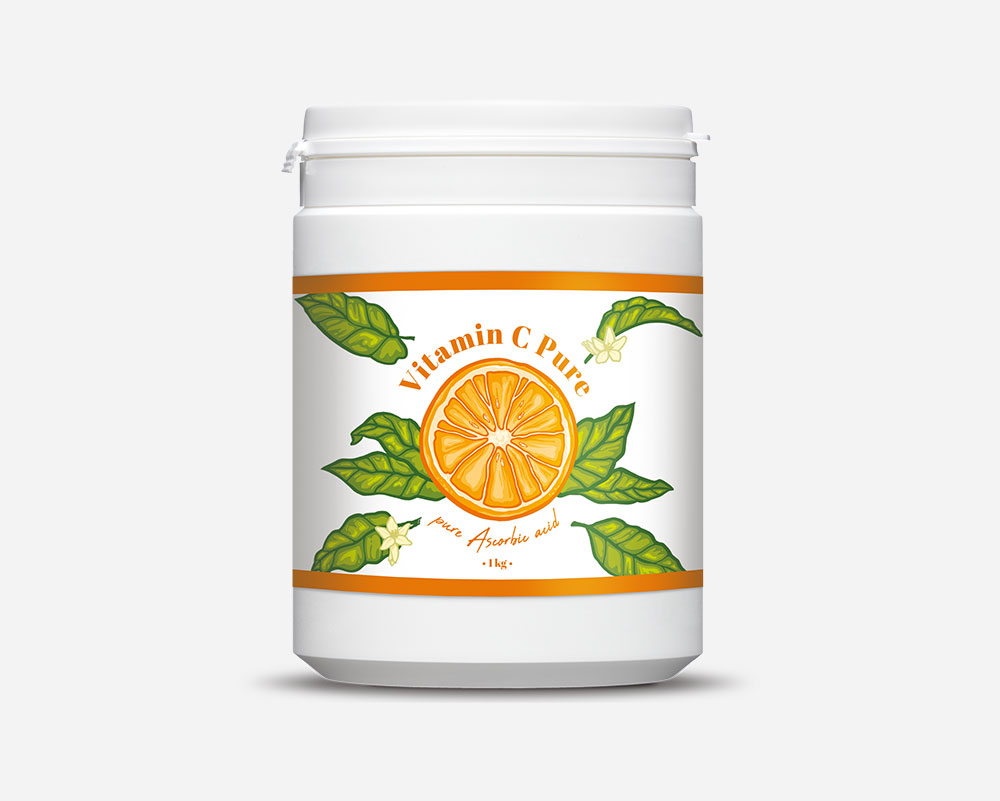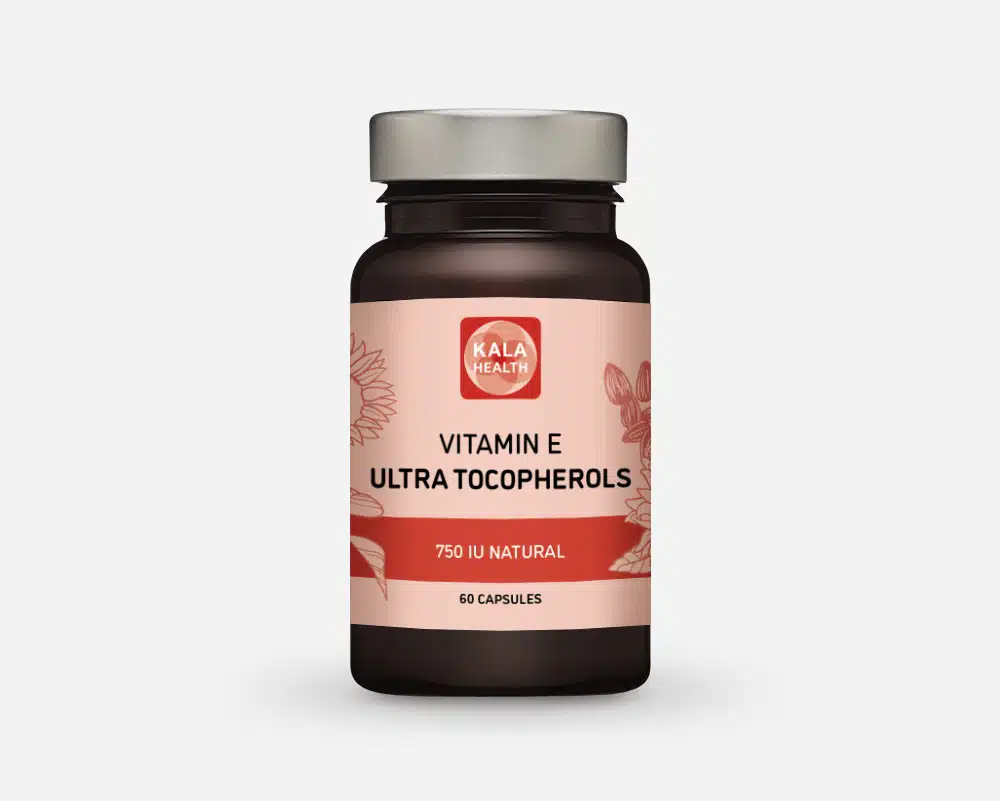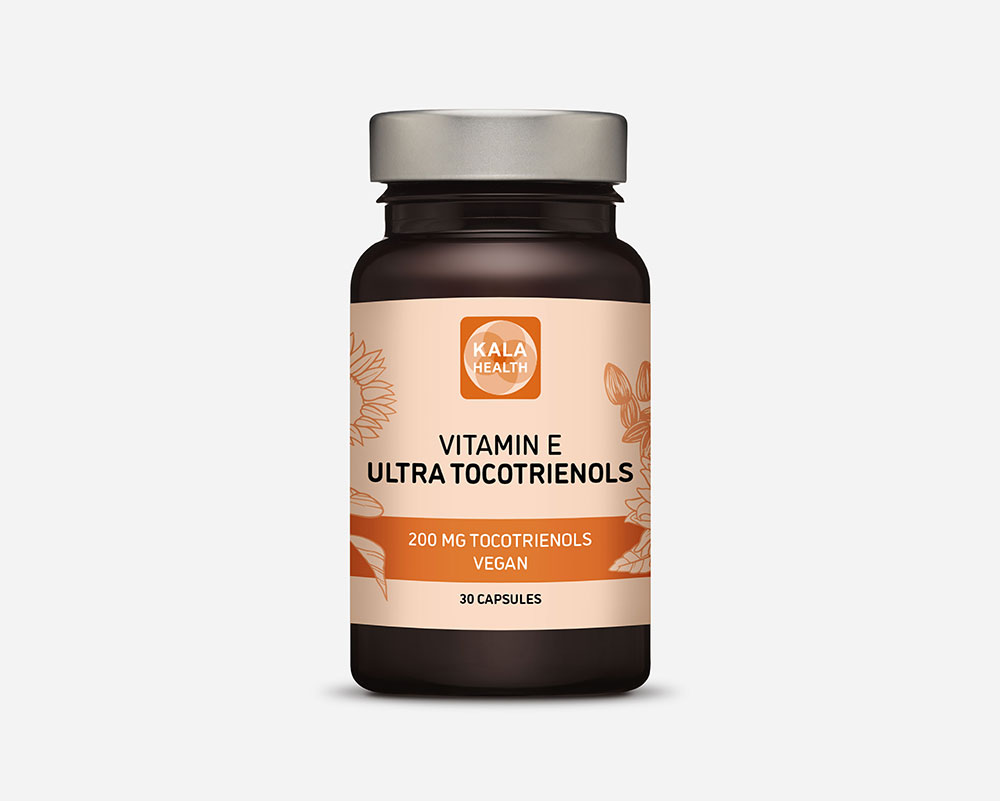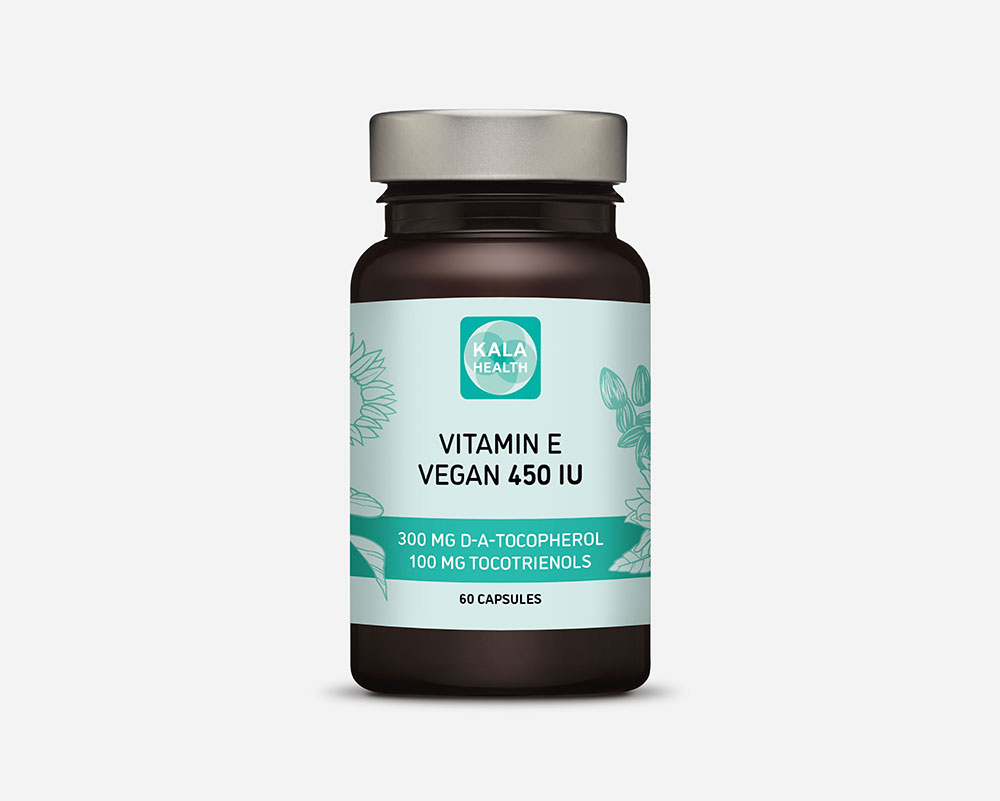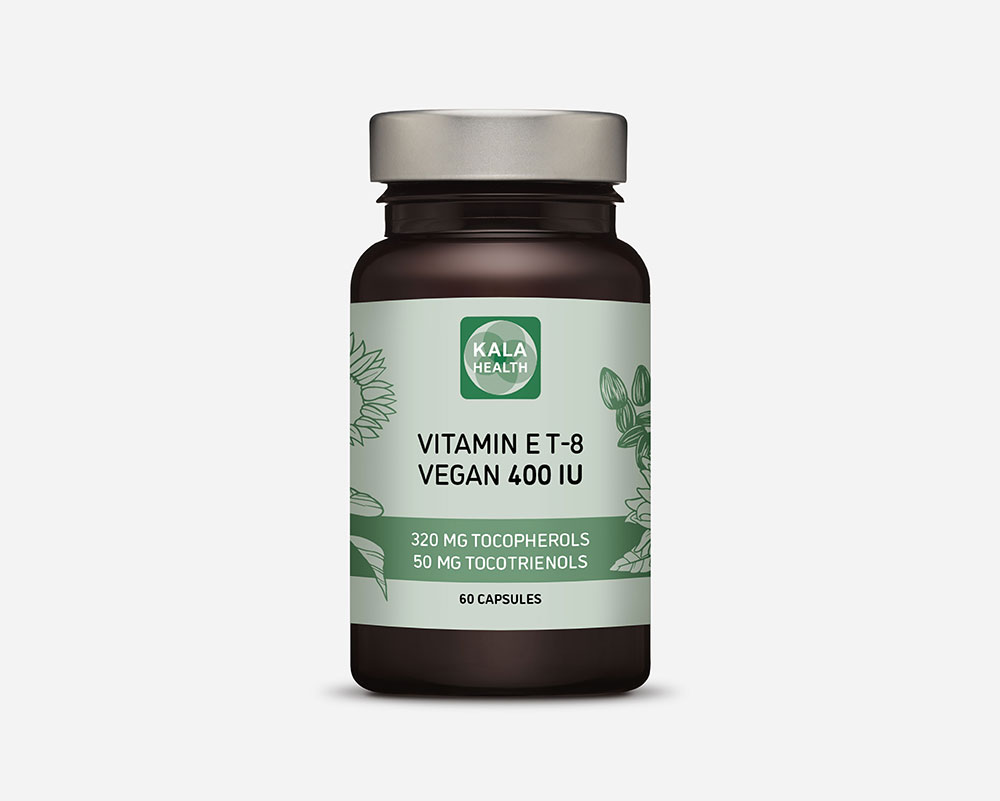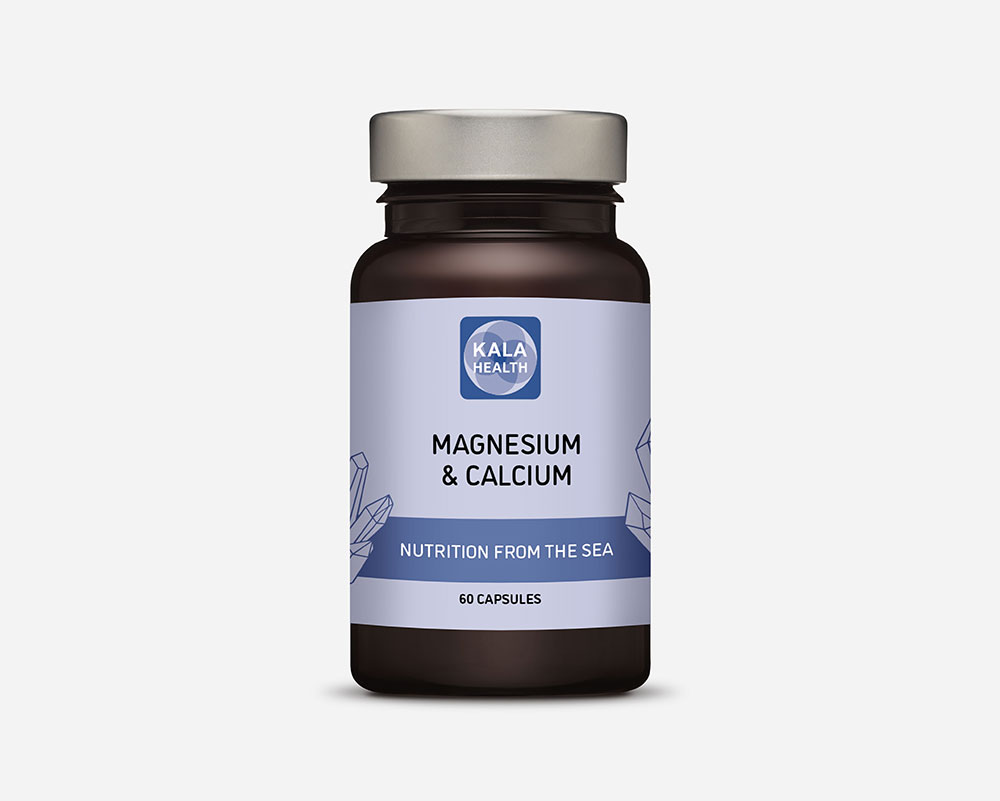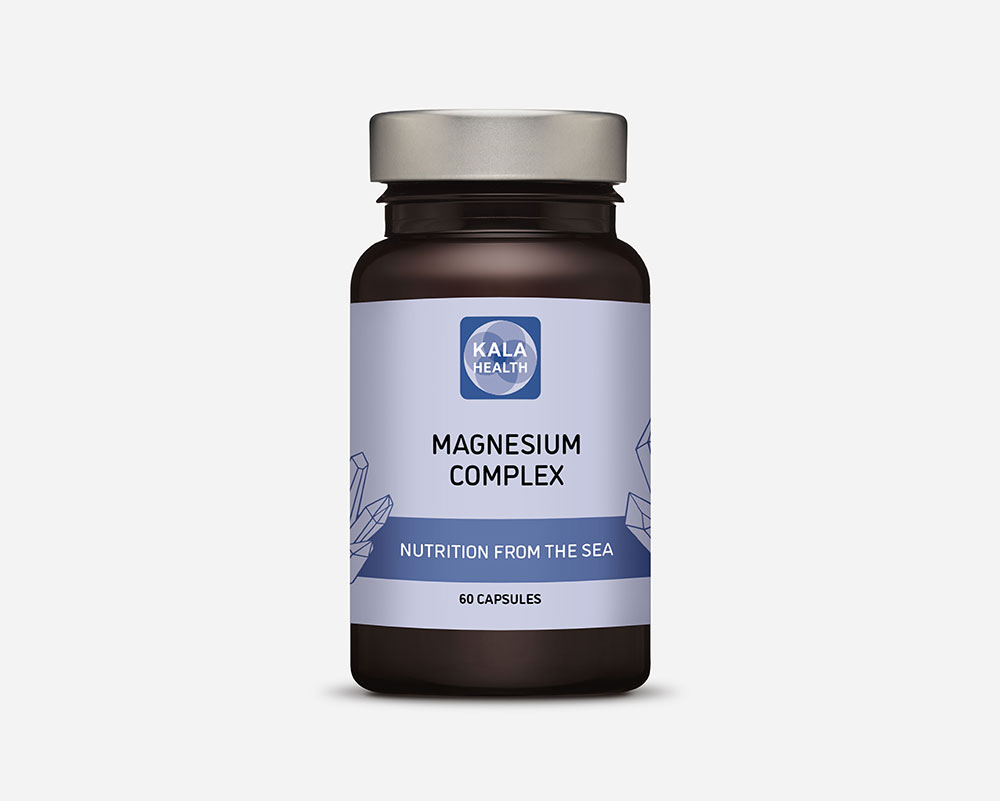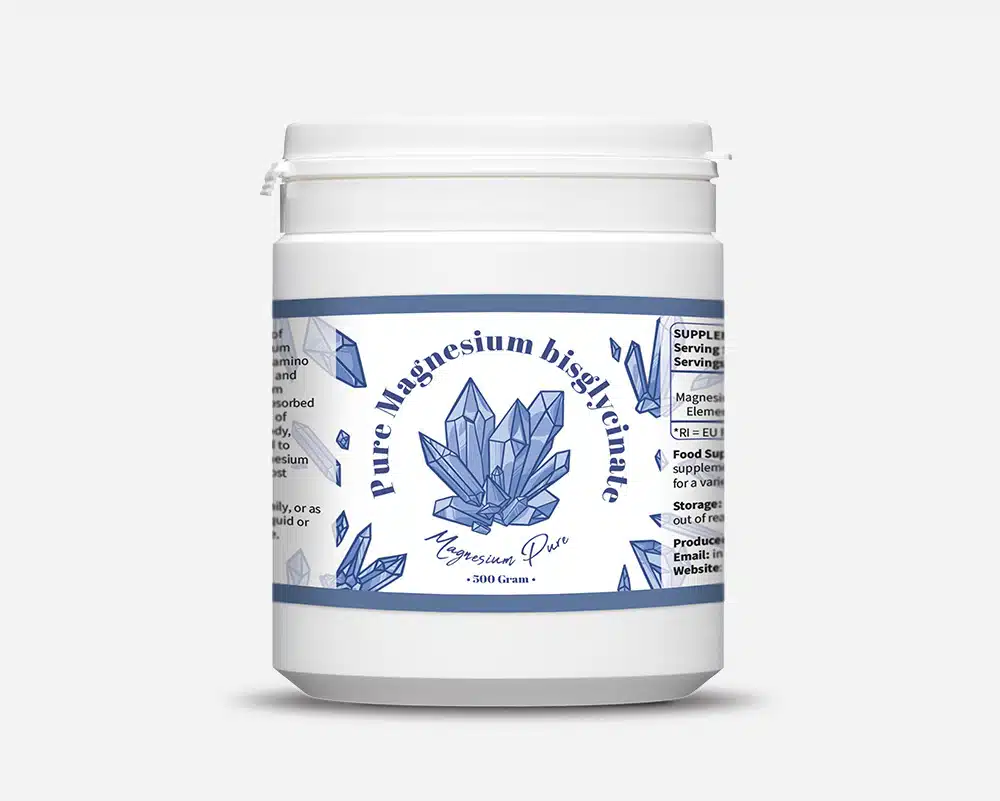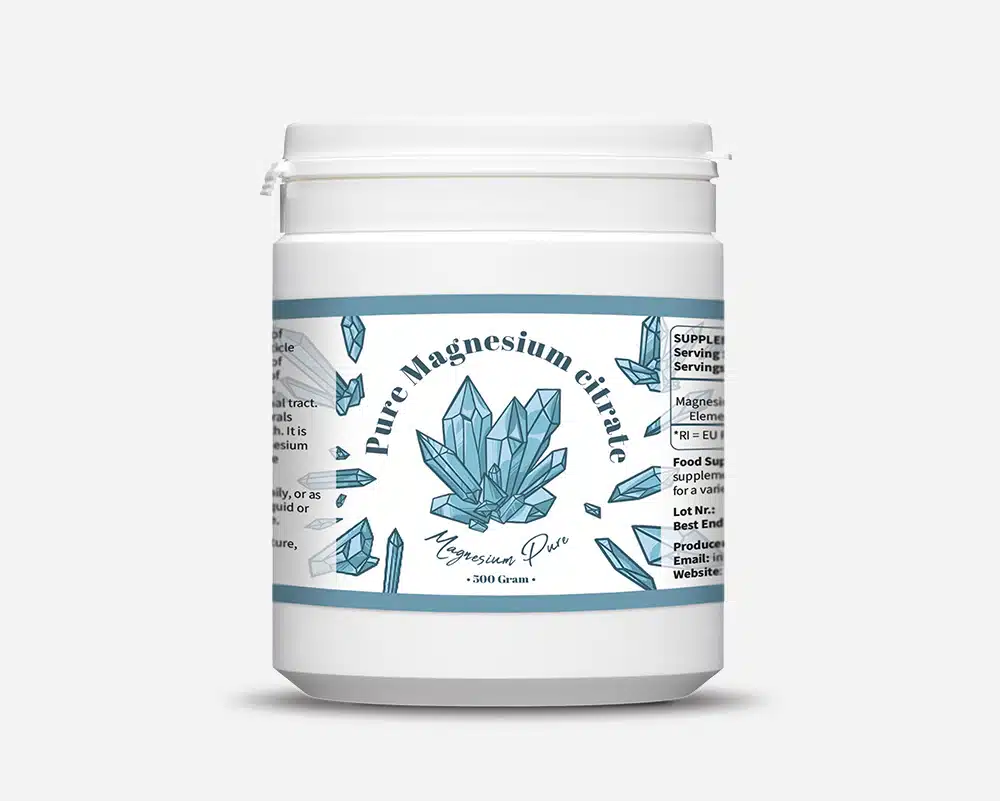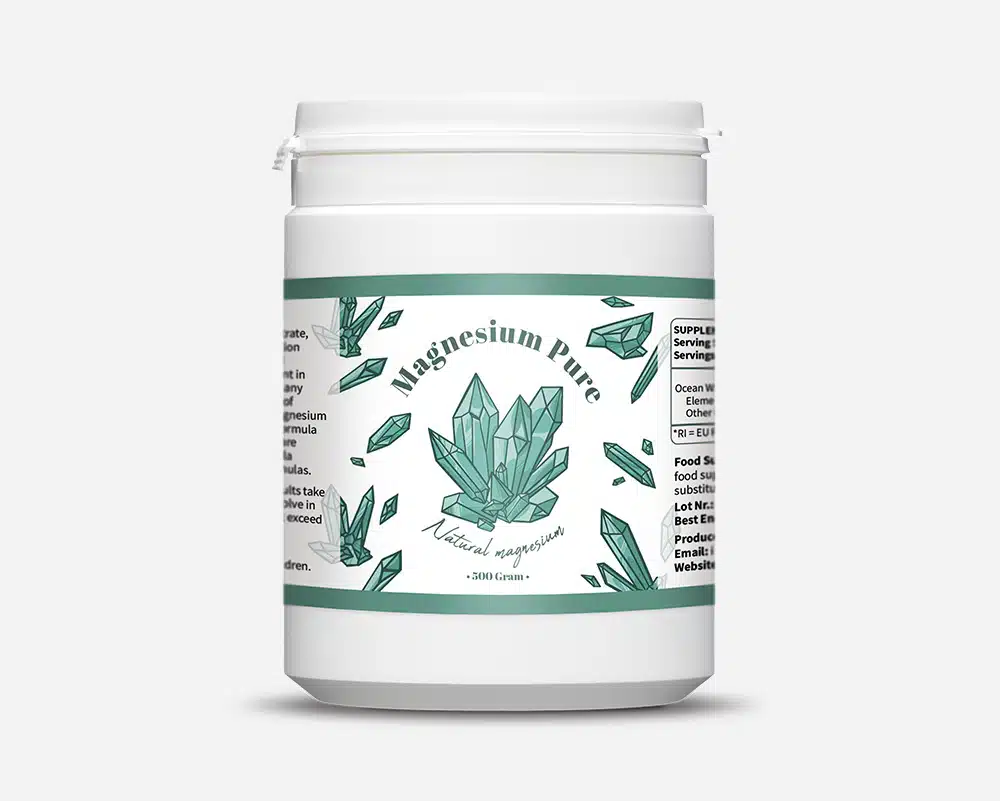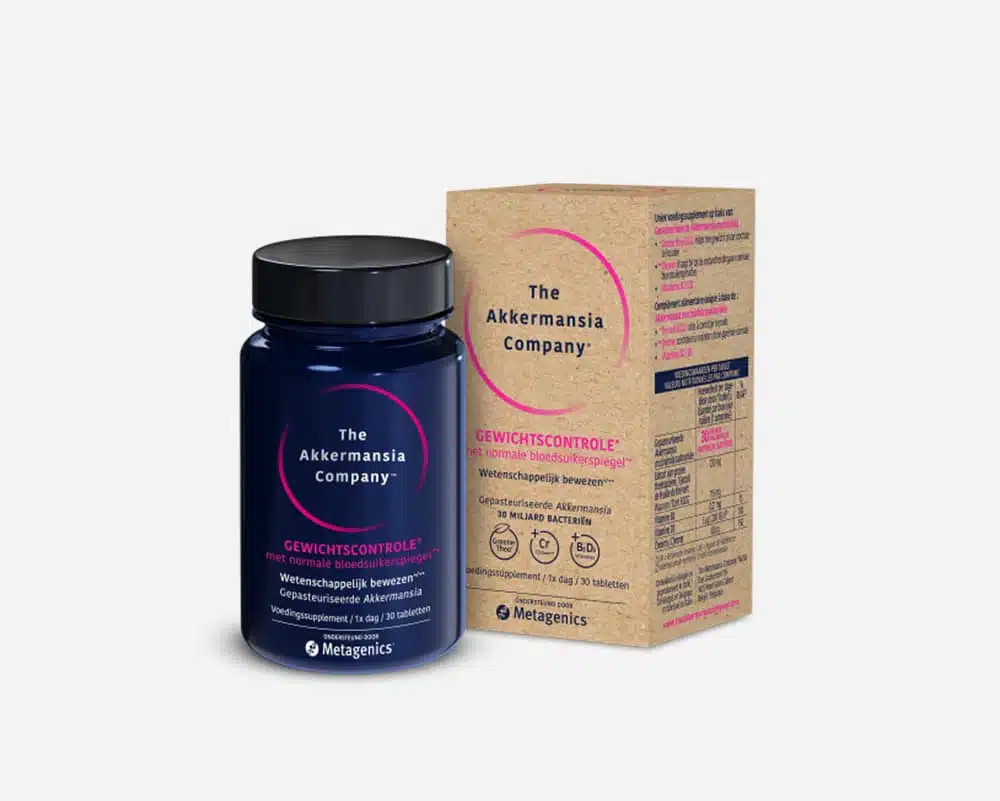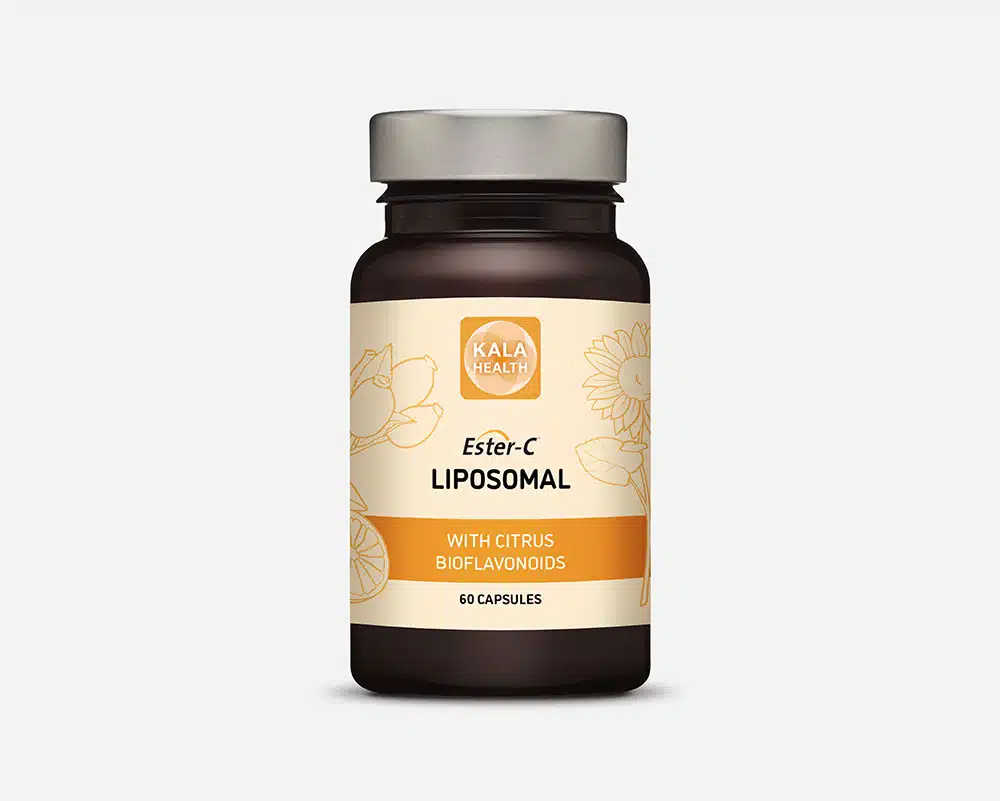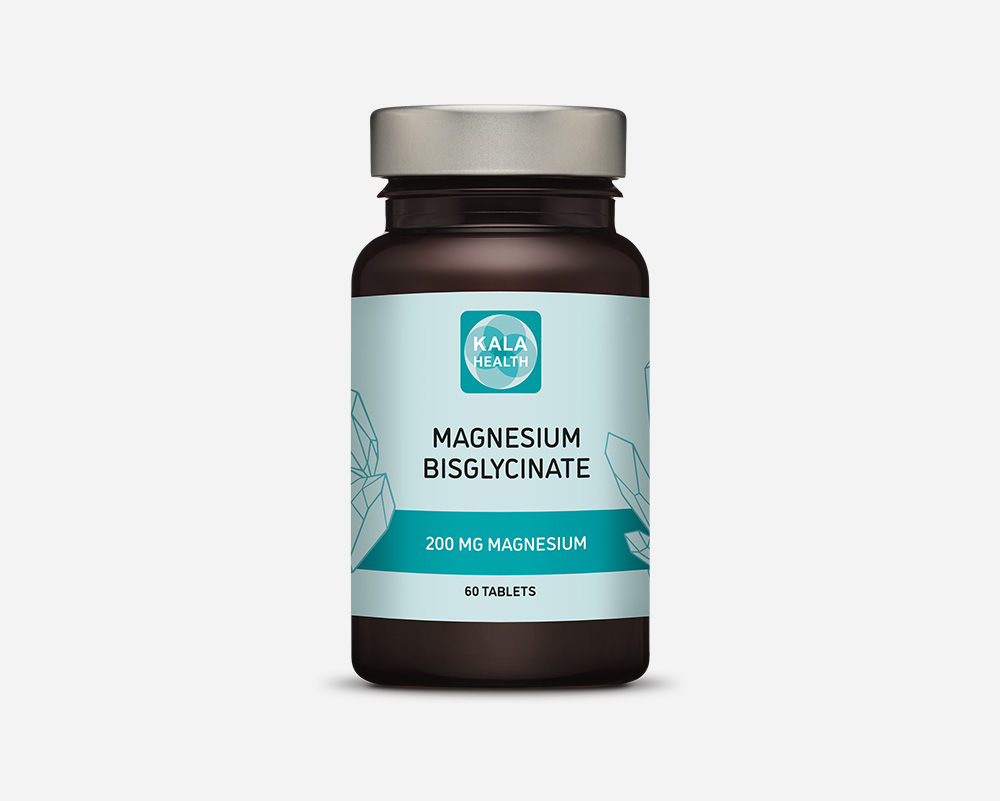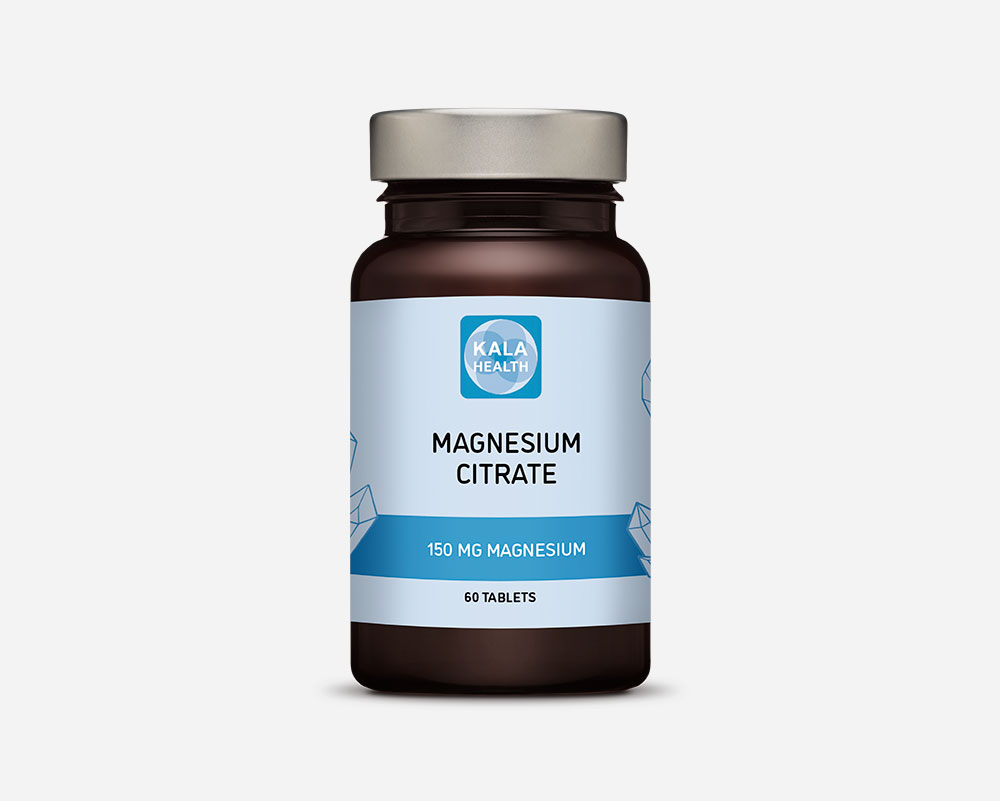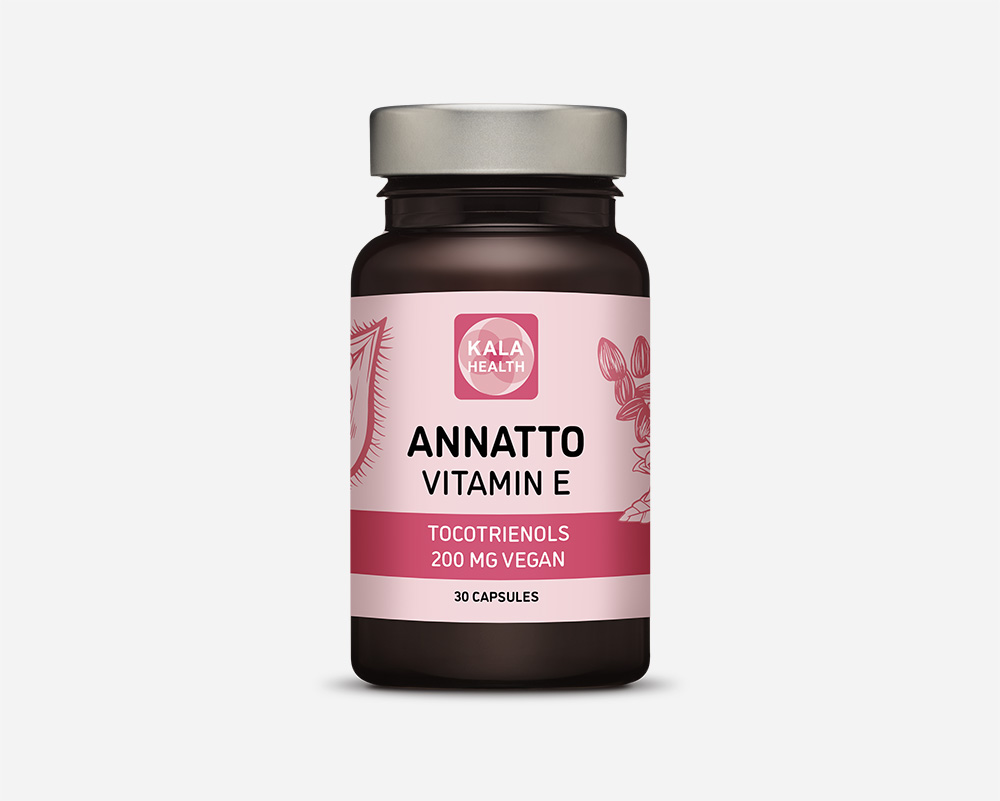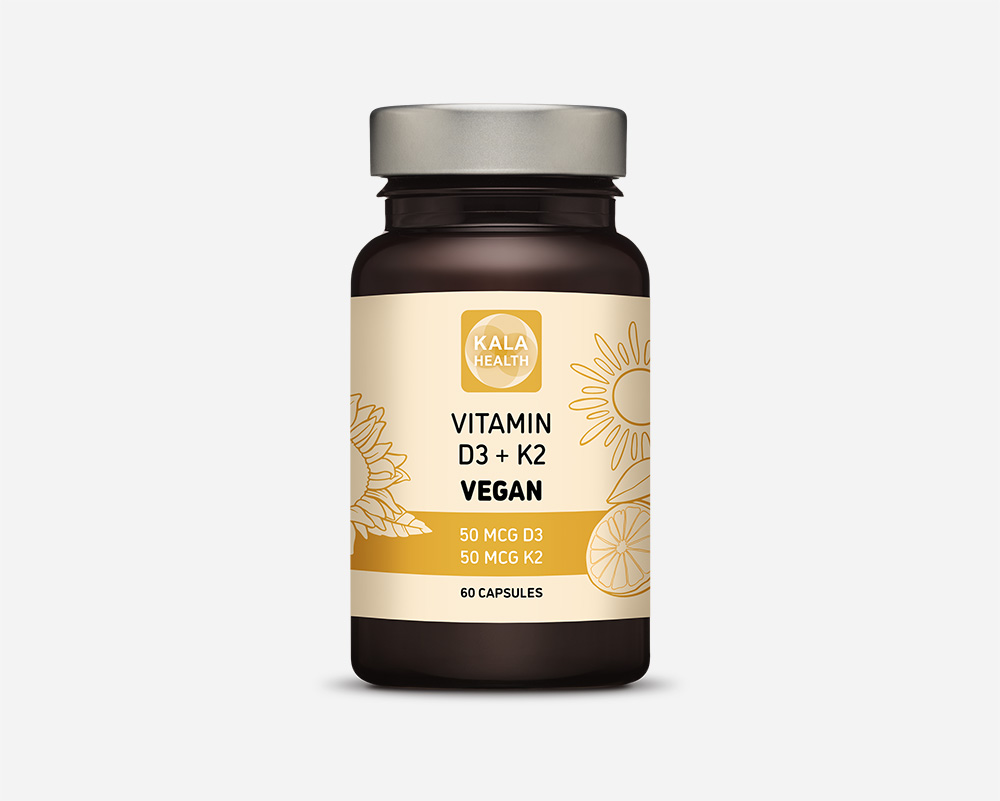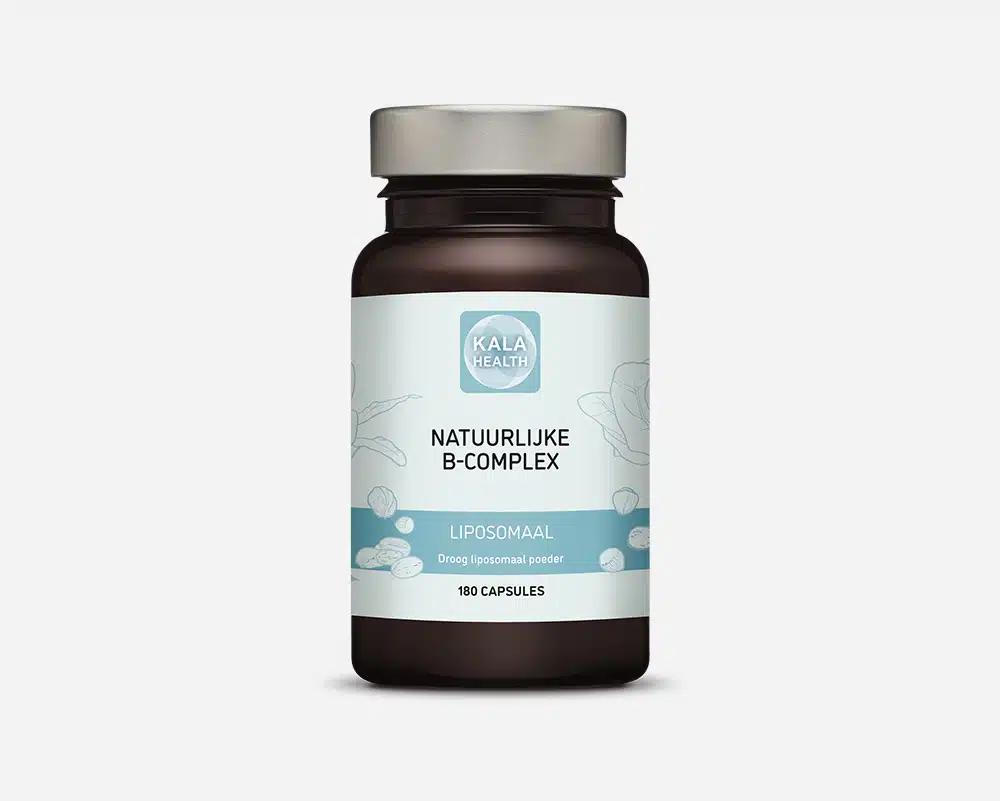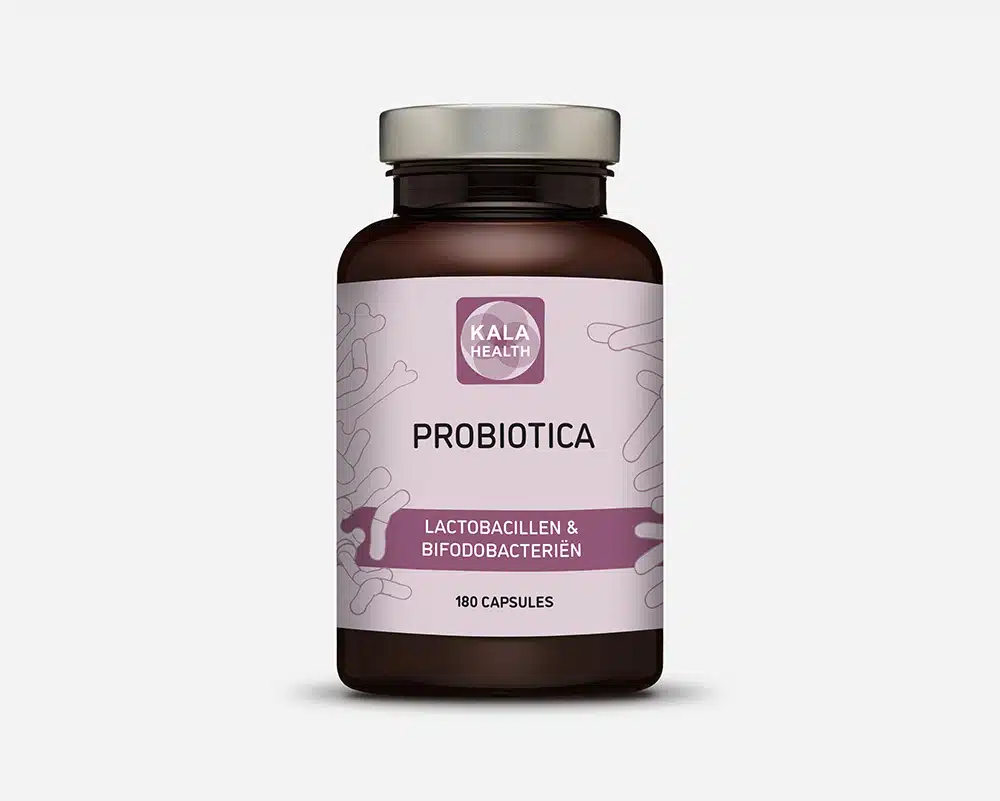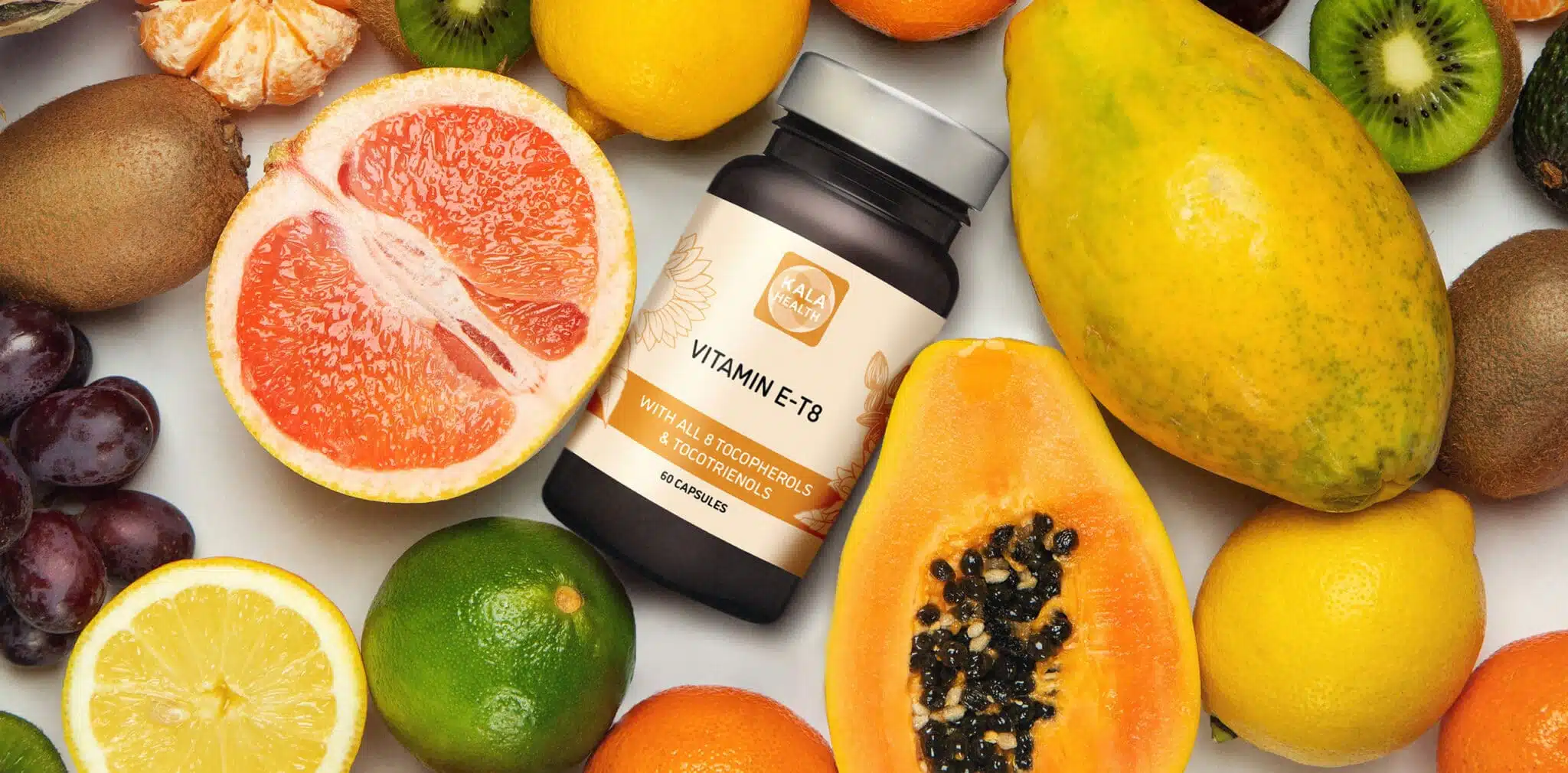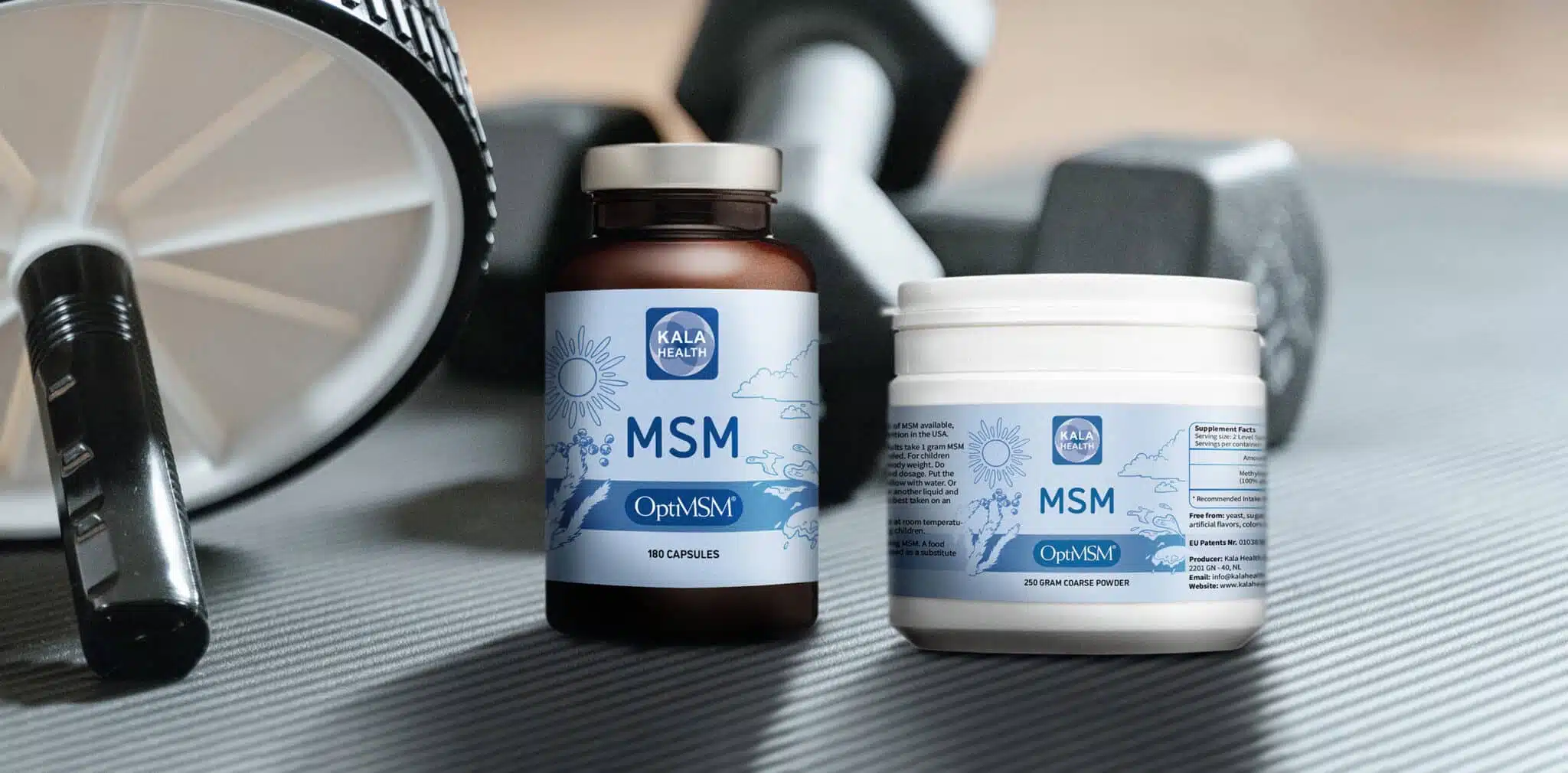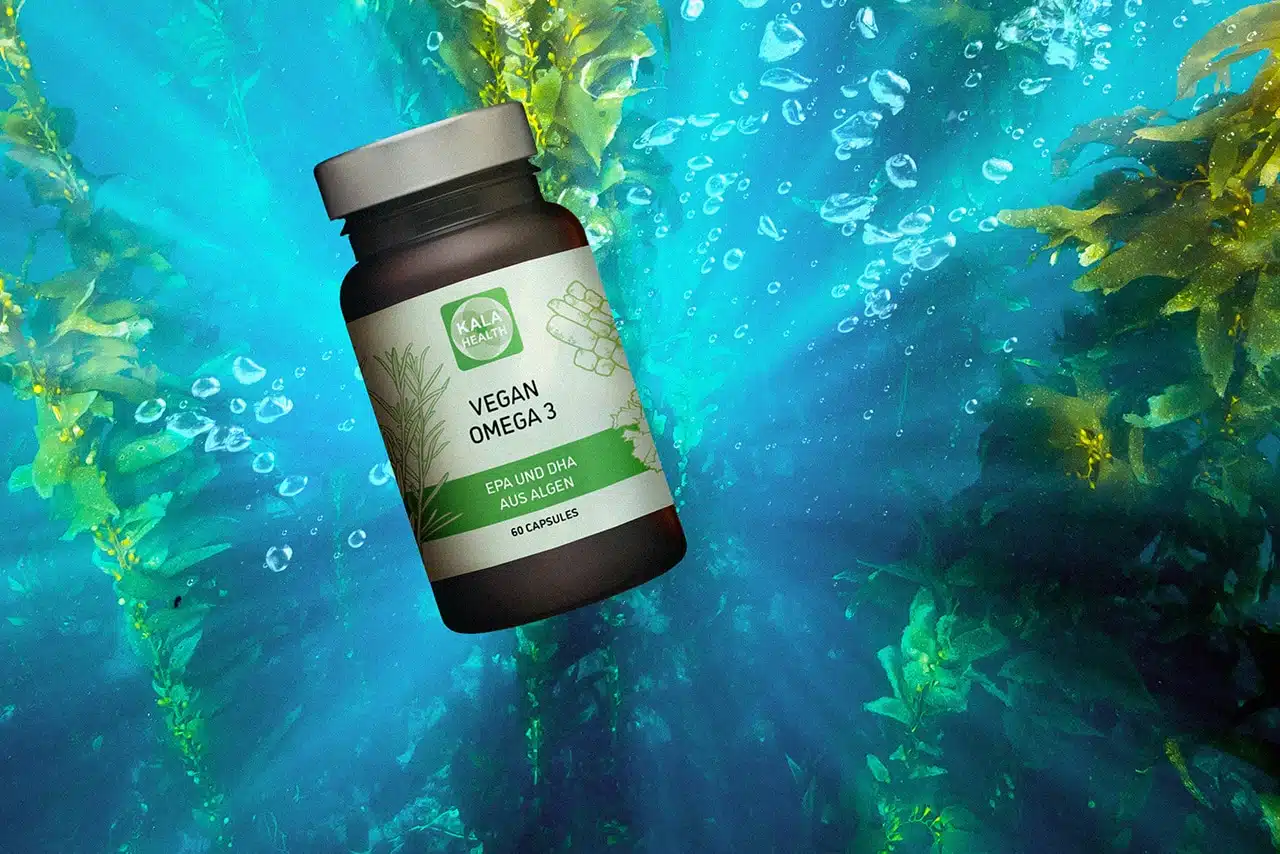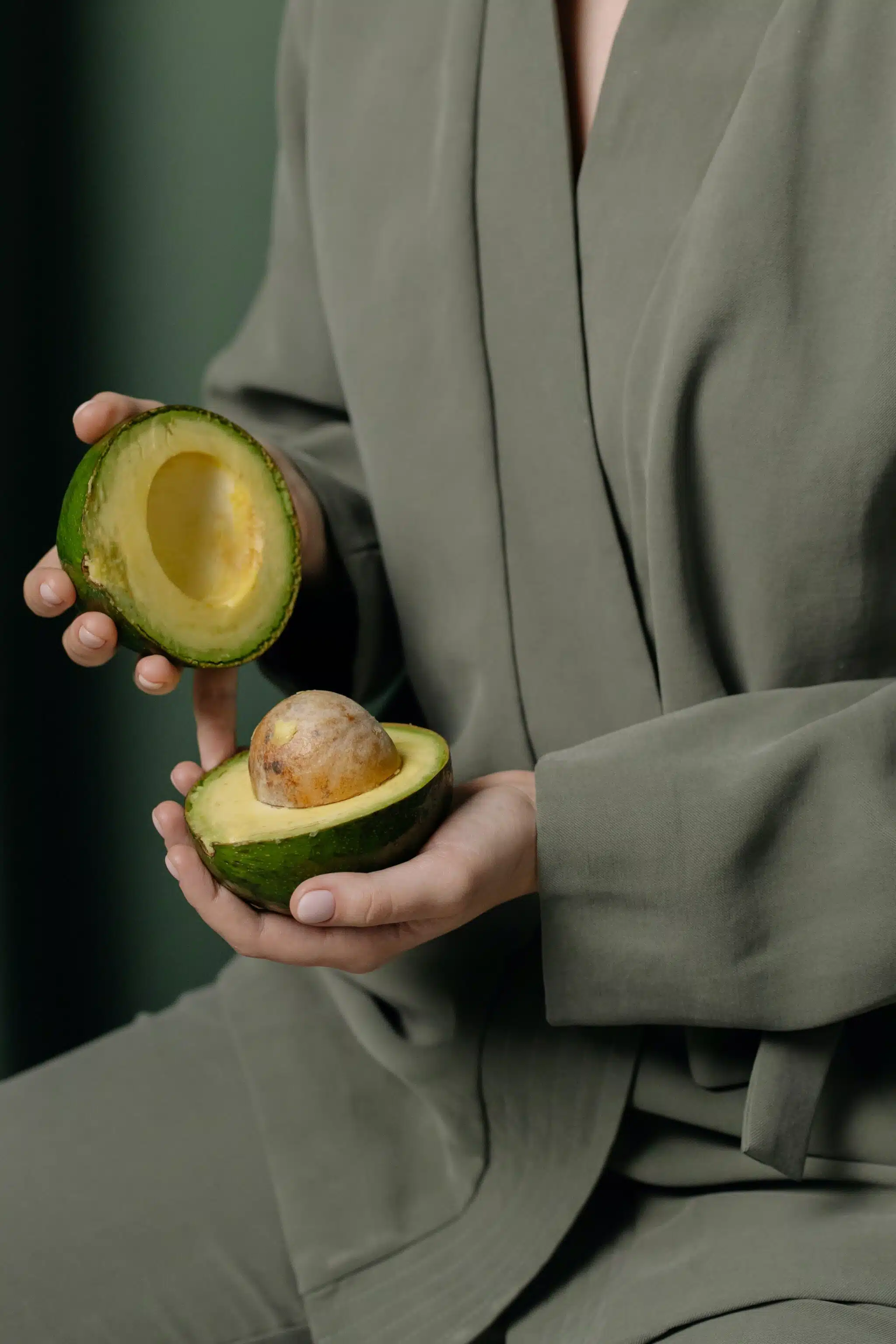Vitamin e Reading time +-5 minutes Vitamin E, a powerful antioxidant, is renowned for its…

Akkermansia muciniphila: An Ally for Gastrointestinal Support
What is Akkermansia Muciniphila?
Reading time: +-5 minutes
Akkermansia Muciniphila, also known as MucT, was first found in human feces in 2004 at Wageningen University in the Netherlands. This bacterium belongs to a group called Verrucomicrobia and normally lives in our digestive system. It makes up about 0.5 to 5% of all bacteria in our intestines. The Akkermansia Company © only uses pasteurized forms of this bacterium because they are more effective than the living variant.
Special characteristics of Akkermansia
An important characteristic of Akkermansia muciniphila is its ability to live in and use mucus. This bacterium has special enzymes to break down mucus, so it doesn’t rely on food particles for nutrition. This gives Akkermansia Muciniphila an advantage over other bacteria that do need fiber and other food. The bacterium is found in the mucus layer that covers the inside of our intestines, which means it is in direct contact with the body’s cells and can communicate with them.
Akkermansia Muciniphila plays an important role in protecting the intestinal barrier. Although it uses mucin for food and is sometimes thought of as a “mucin-degrading” bacteria, it can actually help stimulate the production of new mucus by breaking down the old. This ensures a healthy intestinal environment. The bacterium also contributes to the nutrients of other intestinal bacteria, making it considered essential for good intestinal health.
Want to buy Akkermania muciniphila?
Are you interested in Akkermania? Click here for more information and the option to purchase Akkermania. Do you want to know how Akkermansia works? Then read on.
How does Akkermansia work?
Akkermansia Muciniphila works by being able to light up proteins on the outside of its cell membrane, including one called Amuc_1100. This special protein is plentiful and plays a role in making tiny hair-like structures called pili.
The bacteria can “talk” via Amuc_1100 to an important receptor called toll-like receptor 2. This receptor is important for keeping the mucous membrane in our intestines healthy. When Amuc_1100 interacts with TLR-2, it helps strengthen the intestinal wall. As a result, toxins such as lipopolysaccharides cannot easily pass through the intestinal wall.
Interestingly, Amuc_1100 remains stable after pasteurization (but not after sterilization). This means it can still work as some kind of signal. It is even thought that pasteurization can improve the effects of Akkermansia Muciniphila by making this protein more accessible to our bodies.
Do you have any questions about Akkermansia?
Heb je, na het lezen van deze blog over Akkermania muciniphila nog vragen over dit supplement? Bel ons dan op 070-345-0290 of stuur een e-mail naar info@kalahealth.nl.


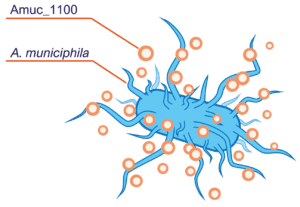
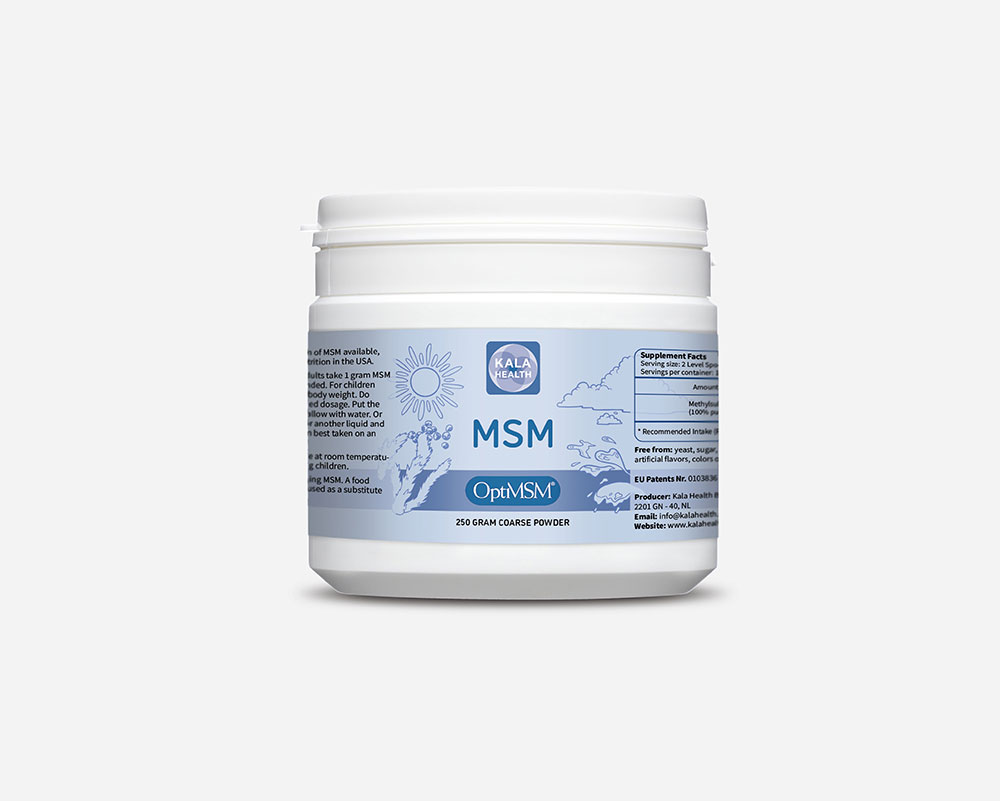
 250, 500, 1.000 or 5.000 gram
250, 500, 1.000 or 5.000 gram
 60 or 180 softgels
60 or 180 softgels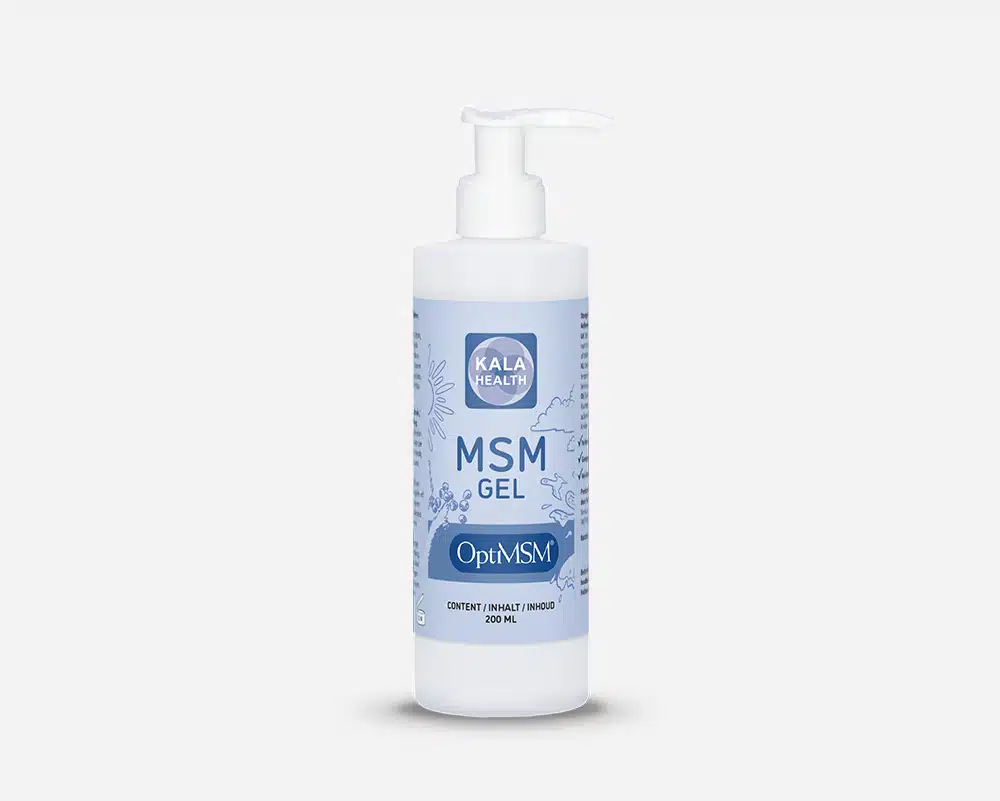
 200ml
200ml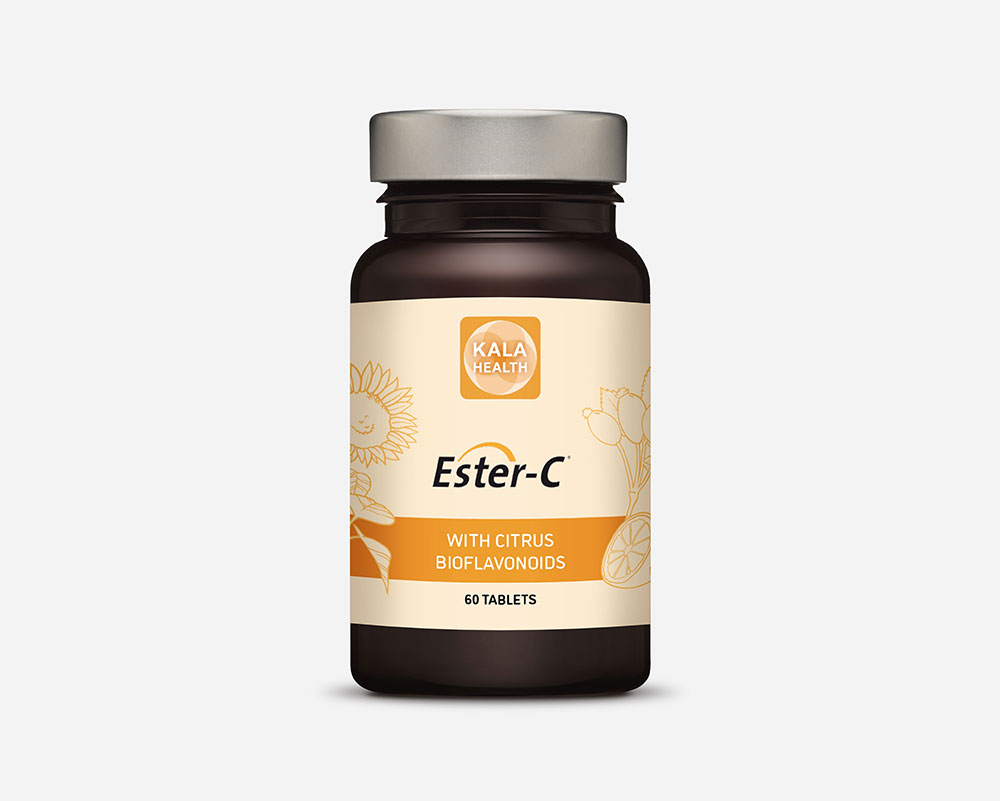
 60 or 180 tablets
60 or 180 tablets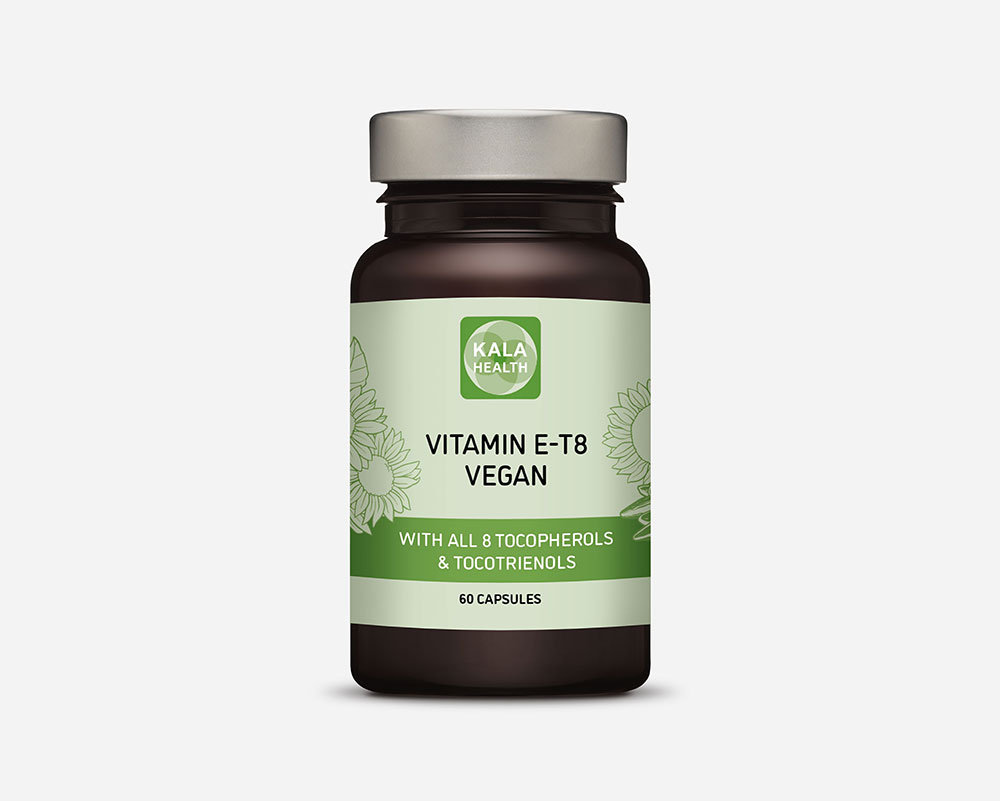
 60 or 180 licaps®
60 or 180 licaps®
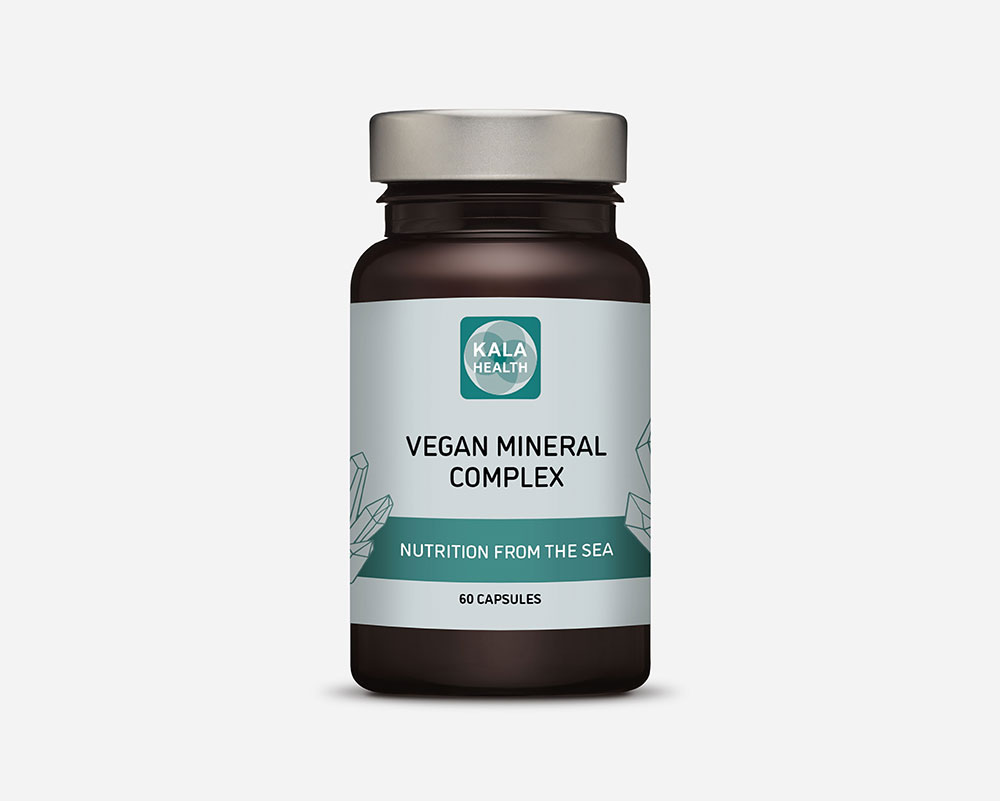
 60 or 180 capsules
60 or 180 capsules
